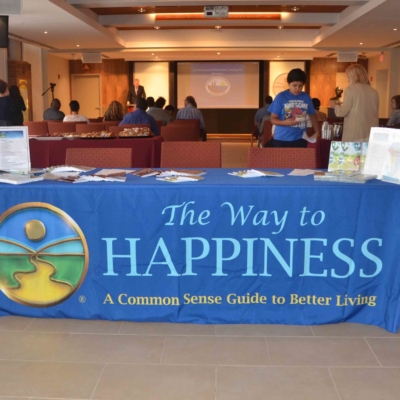Most individuals are familiar with the saying that money cannot buy happiness. However well they do or do not understand the basic premise of this saying, few individuals truly recognize that while material goods can contribute to one’s feeling that they are “doing well” in life, this can actually be a false sense. Possessing a large amount of material goods does not necessarily indicate that the individual is successful or happy–it could simply mean that they are in debt and struggling to find some sort of satisfaction in their life. It is actually their experiences in life that help them to feel really happy.
Investing in Experiences
With the recession, many individuals across the nation have had no choice but to reconsider their lifestyles and consumption patterns. Marshal Cohen, an analyst at the retailing research and consulting firm NPD Group, says that individuals are shifting from conspicuous consumption, wherein they buy without any regard to future effects, to calculated consumption, wherein they buy carefully those things they need in order to continue surviving well. Consumers are now saving more of their money and spending less of their money, a trend that many industry professionals will continue. And while some may worry about the American economy, which is dependent upon consumers spending more and more money, the fact is that new research suggests that this trend is helping individuals to be happier.
New studies have demonstrated that people are generally happier when they spend their money on experiences instead of material objects. They focus more on the excitement of what they plan to do–whether it’s going to a concert or going on vacation–enjoy the experience, and then enjoy their memories of the experience long into the future. They are no longer focused on getting more “stuff” or on trying to have more and better things than their neighbors or coworkers. Furthermore, as they often discover that it is far less expensive to spend money on good experiences than on material goods, many individuals are discovering that they don’t have to work the stressful, albeit good-paying, jobs they cannot really stand, and switch to more comfortable, albeit less lucrative, jobs they actually enjoy. Needless to say, this too can increase their overall happiness in life as they recognize the shift from “working because one has to” to “working because one enjoys to.”
One must be careful not to confuse controlled income and spending with an entire lack of income and spending. As is plainly demonstrated by the many homeless individuals across our nation who are not exactly happy about their condition, there is no doubting the fact that some amount of money helps to make people happy, because it helps to make life a little easier. Studies have indicated that a certain amount of money does indeed make people happier simply because it allows them to meet their most basic needs. However, it is how one spends their money that seems to determine whether their happiness will decrease or increase.
Professor Elizabeth Dunn, an associate professor in the psychology department at the University of British Columbia, subscribes to the idea that if money isn’t making an individual happy, they probably aren’t spending it correctly. Professor Dunn says that it is clearly better for an individual to spend their money on a vacation than on a new couch, as the experience involves the individual more in anticipation, excitement, enjoyment and memories than an object does. People who spend their money on experiences are less lonely and more interactive with others than people who spend their money on material goods. They tend to create stronger social bonds and relationships which can help them to feel more fulfilled and content with life, and therefore more happy in general.





